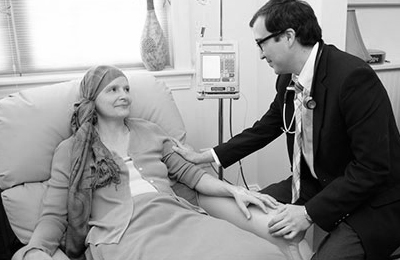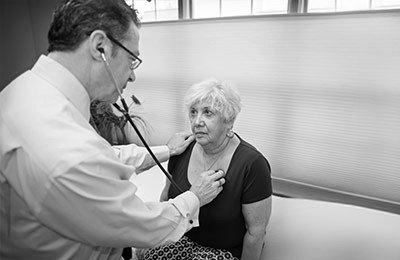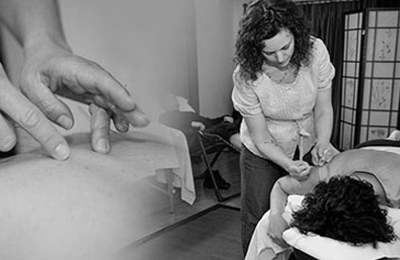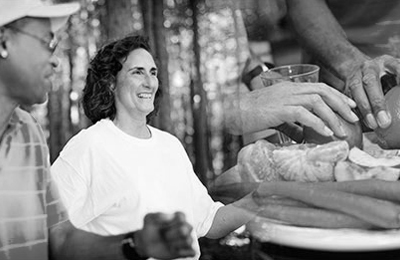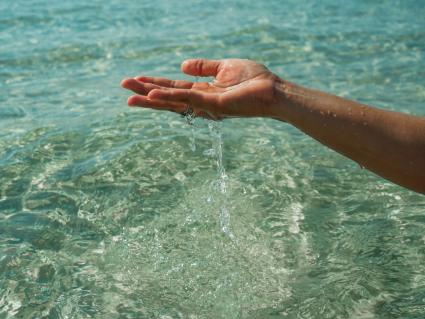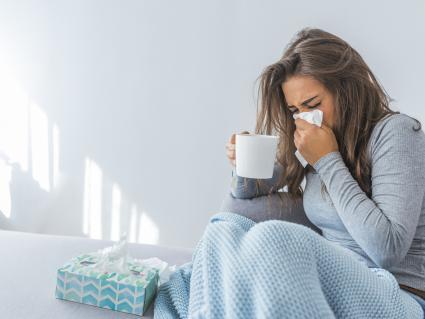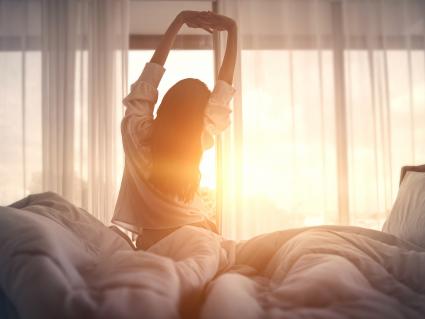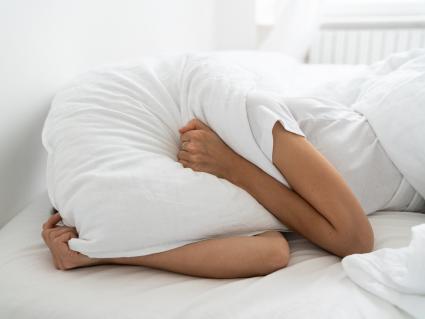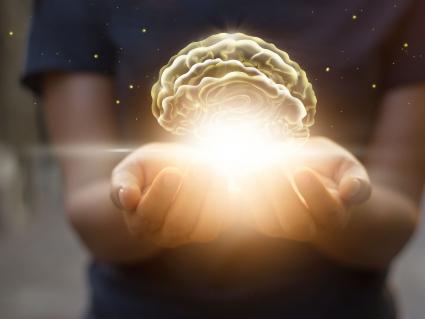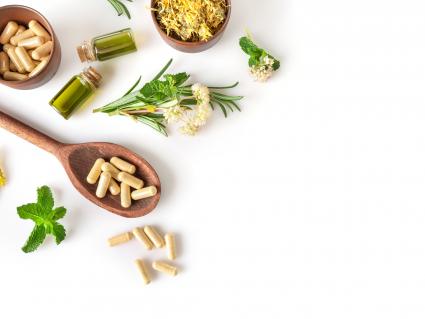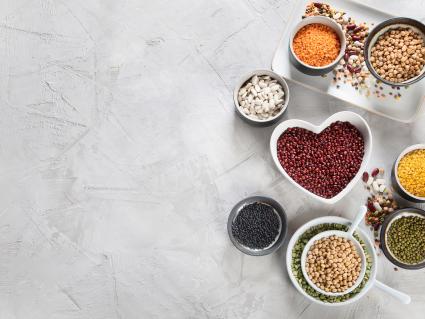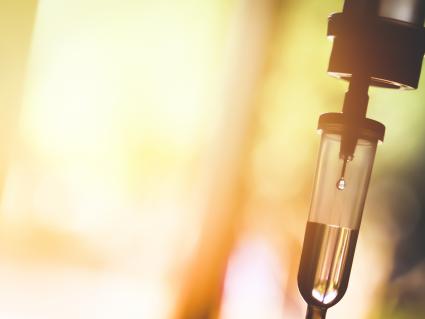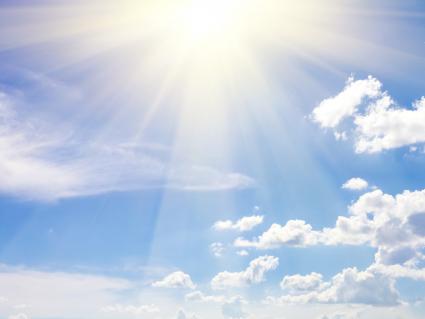The Great Hollow, ST 37: Acupuncture point for Large Intestine Regulation
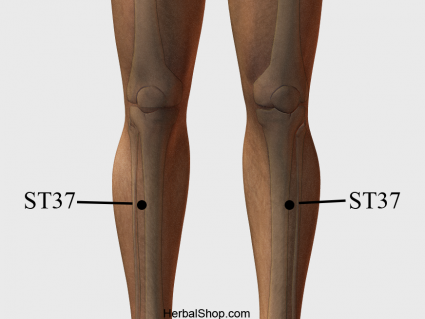
IBS (irritable bowel syndrome) effects about 10% of the world’s population. It is characterized by abdominal bloating, incomplete bowel movements with loose stools or constipation, abdominal pain, and often includes poor sleep, anxiety and depression. The causes of IBS are a poor diet, emotional stress, imbalanced gut microbiome, poor intestinal motility and infection.
Acupuncture is widely used for IBS as it restores balance to the digestion, normalizes bowel function and intestinal motility, calms the nervous system, and reduces stress and anxiety. In fact, acupuncture and Chinese herbal medicine have been shown to be safe and effective treatments for IBS (Yan, et al, 2019).
If you have had acupuncture you’ve experienced both distal (away from the source) and proximal (close to the source) acupuncture points that can treat your condition. A major distal point for treating IBS is....
....ST 37, Shang ju xu, or ‘great upper hollow.’ It is located on the lower leg, one handbreadth below the tibial tuberosity and one finger’s width lateral to the anterior crest of the tibia. ST 37 has a comprehensive ability to treat disorders of the large intestine. Not only does it address IBS related to deficiency, such as that from weak digestion and poor motility, but it also addresses large intestine issues stemming from excess such as infection.
The anatomical function of the large intestine is to allow for the passage of waste while removing and reabsorbing useful electrolytes and water back into the body. The emotional aspect of the large intestine has a part to play in its function as well. ST 37 guides the patient through the mis-regulation of nourishment, referring to the inability to let go properly. If the body is undernourished in a physical or emotional sense it may inadvertently hold onto things (waste) it no longer has a use for. Likewise, the body may too rapidly release what it may still need, as in the case of electrolytes loss from diarrhea.
Classical and newer Chinese medical texts import the patient’s relationship to their condition in both the anatomical and psycho-emotional sense. According to the ancient text, Ling Shu (Spiritual Pivot), circa 2600 B.C., ST 37 is useful for conditions where the patient may be experiencing the sensation of fullness or feel reduced; one feels disquiet but doesn’t know what disease there is; one feels large but feels quite small.
According to The Clinical Practice of Chinese Medicine, disorders related to the need for the application of ST 37 may include digestive stagnation “congruent with feelings of distention and pain in the abdomen, constipation, and intestinal abscess…the embodiment of holding on to that which has lost its value to us in life as a habitual way of avoiding the grief of loss.”
Whatever the root cause may be, ST 37 has a role in the relief of IBS symptoms.
References:
Al-Khafaji, Mazin; Deadman, Peter. A Manual of Acupuncture. The Journal of Chinese Medicine. East Sussex, England,1998.
Jarrett, Lonny. The Clinical Practice of Chinese Medicine. Spirit Path Press. Stockbridge, MA, 2003
Yan J, Miao ZW, Lu J, Ge F, Yu LH, Shang WB, Liu LN, Sun ZG. Acupuncture plus Chinese Herbal Medicine for Irritable Bowel Syndrome with Diarrhea: A Systematic Review and Meta-Analysis. Evid Based Complement Alternat Med. 2019 Apr 14;2019:7680963. doi: 10.1155/2019/7680963. PMID: 31110553; PMCID: PMC6487118.
Related Blog Posts

Simple Dietary Techniques for IBS Management
Unfortunately many people around the world suffer from intestinal distress, also known as Irritable Bowel Syndrome (IBS). For many patients at the Stram Center, we are able to use food and supplements to help one manage their IBS. In recognition of IBS Awareness Month, below is some basic information on our dietary approach for IBS Management at the Stram Center. Also be sure to try the tasty IBS…Read the Post
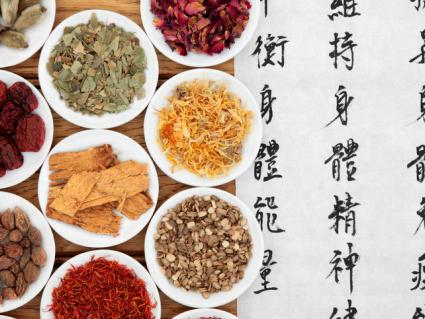
Traditional Chinese Medicine and IBS
Traditional Chinese Medicine can help improve IBS.Read the Post
Related Services

Acupuncture
Did you know that acupuncture has been shown to be more effective than conventional treatment for migraines, back and knee pain? Acupuncture is also the complementary therapy most recommended by medical doctors (M.D.'s), and is covered under more insurance plans than ever before. No other traditional healing method has ever earned as much world-wide success, recognition and support! Acupuncture…Acupuncture

